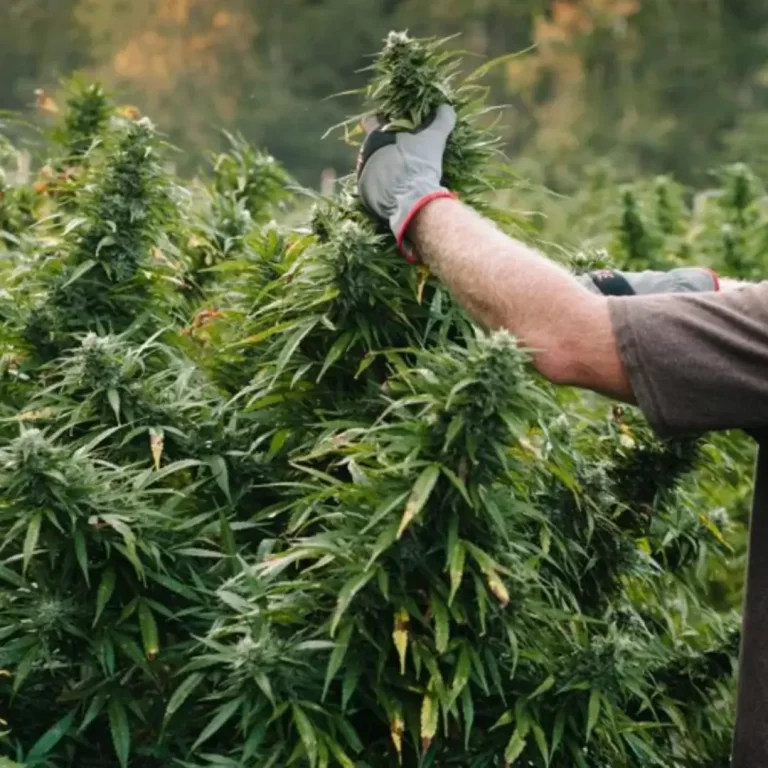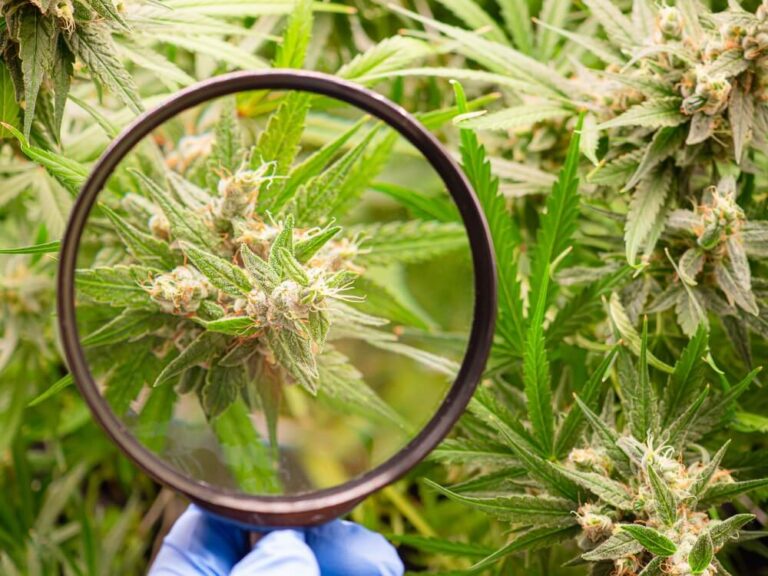
DEA Asserts Authority Over Potential Cannabis Rescheduling
- Cannabis News
- Cannabutter Digest
For decades, America has waged a “war on drugs.” Part of that war meant classifying marijuana as a Schedule I illegal substance during the Nixon administration. Schedule I drugs like heroin, LSD, and marijuana are defined as chemical substances with no accepted medical use and a high potential for abuse. Many advocates, researchers, and scholars disagree with the assumption that marijuana has no known or acceptable medicinal applications or that it is as highly addictive as heroin or even cocaine and methamphetamine, both Schedule II drugs.
Recently, the U.S. Department of Health and Human Services compiled years of research and recommended marijuana be reclassified as a Schedule III controlled substance. Now, the Drug Enforcement Administration is telling lawmakers, “not so fast,” that it has the final authority to make scheduling decisions on marijuana regardless of anyone else’s recommendations. Why the new announcement from the agency, and where does that leave marijuana at the federal level?
DEA Reminder: They Are in Charge
The Drug Enforcement Administration took the time to remind lawmakers and the public that when it comes to making any decision to reschedule marijuana, they are in charge. The agency’s recent statement came after a group of 31 bipartisan lawmakers, led by Congressional Cannabis Caucus Co-Chair Rep. Earl Blumenauer (D-OR), encouraged the DEA to consider the “merits” of marijuana legalization. The letter supposedly also criticized the limitations of moving cannabis to a Schedule III substance as opposed to removing the plant from CSA control.
The letter also went on to express that while Congress works to send the President comprehensive cannabis reform legislation, the DEA should consider a complete rescheduling of the substance. Via the letter, lawmakers said the agency should focus on appropriate drug enforcement and public safety, not unjust criminalization, and that “marijuana’s continued inappropriate scheduling is both arcane and out-of-touch with the will of the American people.”
In response to the letter from lawmakers, the Drug Enforcement Administration says, “DEA has the final authority to schedule, reschedule, or deschedule a drug under the Controlled Substances Act, after considering the relevant statutory and regulatory criteria and HHS’s scientific and medical evaluation.” Currently, the DEA says it is conducting its review. The agency gave little other insight into its process or about the timeline for completing its assessment. The agency’s response also did not address the lawmakers’ key arguments; instead, it opted for a blanket statement saying it was working on its evaluation.
The letter from lawmakers is nothing new. There have been numerous appeals to the DEA regarding marijuana rescheduling. Governors from six U.S. states, including Colorado, New York, and New Jersey, sent a letter to the Biden administration calling for the rescheduling of marijuana. On the opposite end of the spectrum, five former White House drug czars and six former DEA heads sent a letter to the attorney general and current DEA administrator urging the agency to resist calls to reschedule marijuana.
It may be that with pressure from both sides of the marijuana argument, the DEA is playing its hand close to its chest, unwilling to let anything slip that may indicate how they are planning to rule. The U.S. Department of Health and Human Services gave their recommendation to the DEA back in August 2023.
Their recommendation to reduce marijuana to a Schedule III controlled substance came with hundreds of pages of explanation for their recommendation. However, most of those pages that were made public are heavily redacted, meaning there is still little public insight into why the HHS recommended moving marijuana to a Schedule II in lieu of keeping it a Schedule I controlled substance or descheduling it entirely. With so little available information, it is hard to decipher the DEA’s latest statement and whether they are inclined to reschedule marijuana at all.
What Else Is in the Works?
The DEA is correct. It currently has the ultimate authority to reschedule marijuana. However, there are other cannabis reform plans in the works. Recently, President Joe Biden reaffirmed his commitment to cannabis reform by announcing that he was extending and expanding cannabis pardons at the federal level. The new proclamation by the President aims to target additional offenses of simple possession under federal and Washington, D.C. law.
Lawmakers in the Senate are also pushing to advance the SAFER Banking Act, legislation meant to protect banks and other financial institutions from federal penalties for conducting business with the legal cannabis industry. The measure, if passed and signed by the President, would finally give legitimate cannabis businesses access to much-needed financial services, allowing them to move away from their dangerous cash-only business model. While the newly revised measure gains some traction in the Senate, it faces an uphill battle in the Republican-controlled House.
Numerous Republican lawmakers are souring on marijuana legislation. Two GOP Senators filed legislation in 2023 attempting to prevent federal agencies from rescheduling cannabis without approval from Congress. Another 14 Republican congressional lawmakers have urged the DEA to reject the HHS recommendation to reschedule marijuana.
Where Does the DEA Go from Here?
Right now, it is anyone’s guess as to how the DEA will rule. Many believe the agency will accept the HHS recommendation to reschedule marijuana to a Schedule II controlled drug. However, mounting pressure from the opposite end of the debate may sway the government organization, meaning marijuana could remain in the most restrictive category under the CSA. Recently, the DEA announced it would push to ban two psychedelics, 5-dimethoxy-4-iodoamphetamine (DOI) and 2,5-dimethoxy-4-chloroamphetamine, despite researcher’s insistence that the compounds hold therapeutic potential for various mental health conditions.
With little information on the subject from the DEA itself other than the declaration that the fate of rescheduling lies solely in their hands, it is hard to know which side the agency will ultimately come down on.
Are you interested in staying up-to-date on this and other cannabis-related stories? Follow Cannabutter Digest for all the latest news, recipes, and product reviews.






